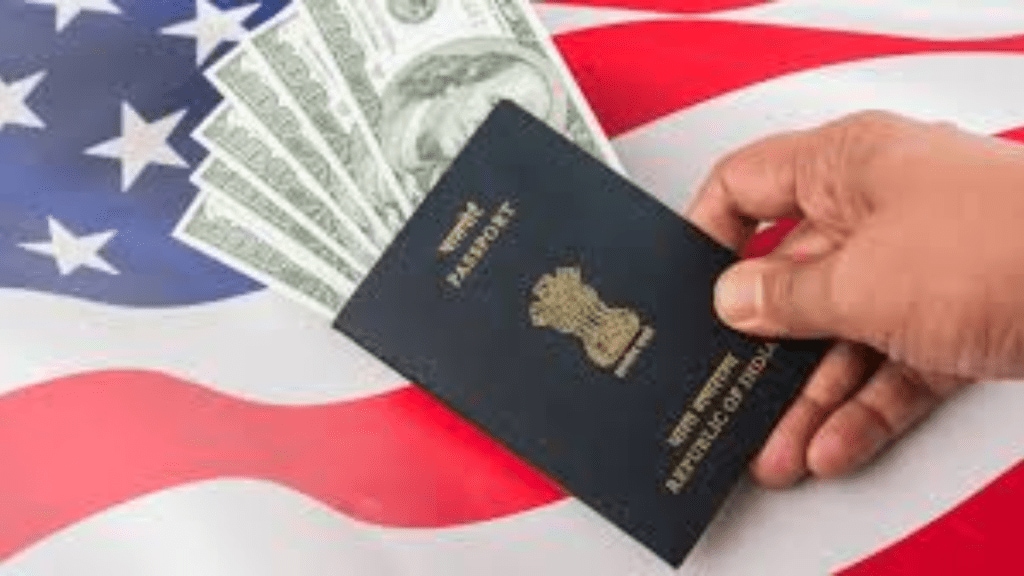For weeks, Subash Devatwal, an education consultant based in Ahmedabad, Gujarat, has been inundated with calls from worried students and anxious parents asking one urgent question: Is studying in the US still possible?
Devatwal runs one of thousands of consultancies across India that help students gain admission to American universities—a goal many Indian families see as the pinnacle of academic and career success. In 2024, over 330,000 Indian students were enrolled in US universities, surpassing even Chinese students in number.
But the landscape has shifted dramatically in 2025. The Trump administration’s tightened restrictions on international students—including increased political screening and an indefinite halt on student visa interviews at US embassies worldwide—have left many Indian aspirants in limbo.
“The students are in shock,” Devatwal said. “Most spend years preparing for this opportunity.” Previously, his consultancy sent over 100 students annually to US universities. This year, that number has plummeted to around 10, as families pivot toward alternatives like the UK and Europe. A recent report by The Hindu newspaper estimated a 28% drop in Indian students heading to the US in 2025.
For many, the financial stakes are enormous. Tuition fees alone range from $40,000 to $80,000 annually. “Families contribute savings, take loans, and borrow from relatives with the hope their child will repay the debt by securing a good job abroad,” Devatwal explained. “Now, in such uncertain times, parents are understandably hesitant.”
Brijesh Patel, a textile trader from Surat, shared the personal toll. After saving for over a decade—selling his wife’s jewellery and borrowing money—he secured his son admissions at two US universities and paid 700,000 rupees (£6,000) in consultancy fees. But due to the visa chaos, his son was advised against applying for a student visa this year. “We can’t risk losing that money,” Patel said. Still, he remains hopeful, saying, “My son is willing to wait a year, and we hope the situation improves.”
The uncertainty is not limited to general applicants. A Fulbright-Nehru doctoral fellow selected last December, who wished to remain anonymous, revealed their cohort’s applications were recently downgraded to “semi-finalist” status. Despite invitations from prestigious Ivy League universities, their plans for an October start and May orientation have been canceled, pending review by the US administration.
“This has caused huge panic and anxiety,” the student said, adding many are deleting social media posts to avoid political scrutiny.
With tens of thousands of Indian students caught in this visa turmoil, the dream of studying in the US is increasingly uncertain, leaving families like Patel’s to weigh hope against harsh realities.


